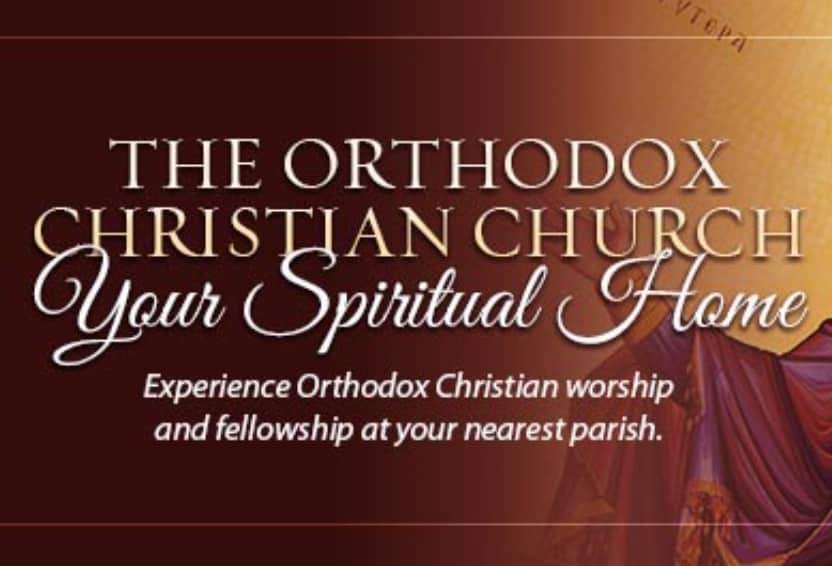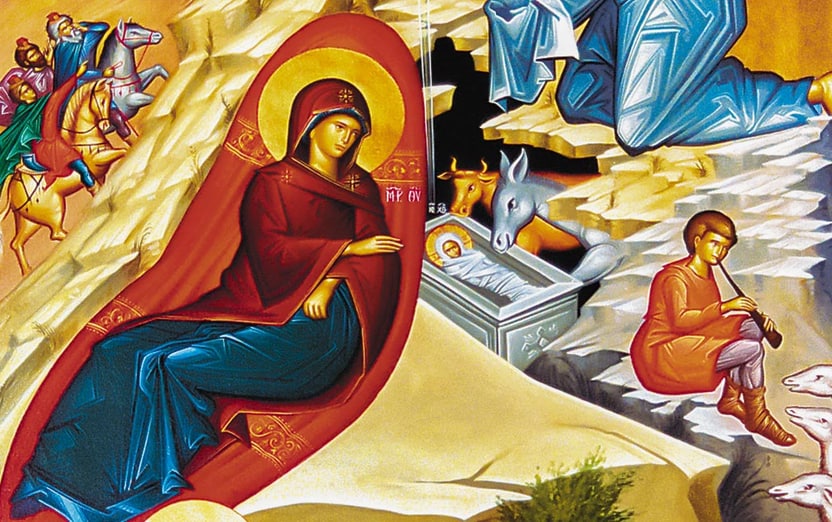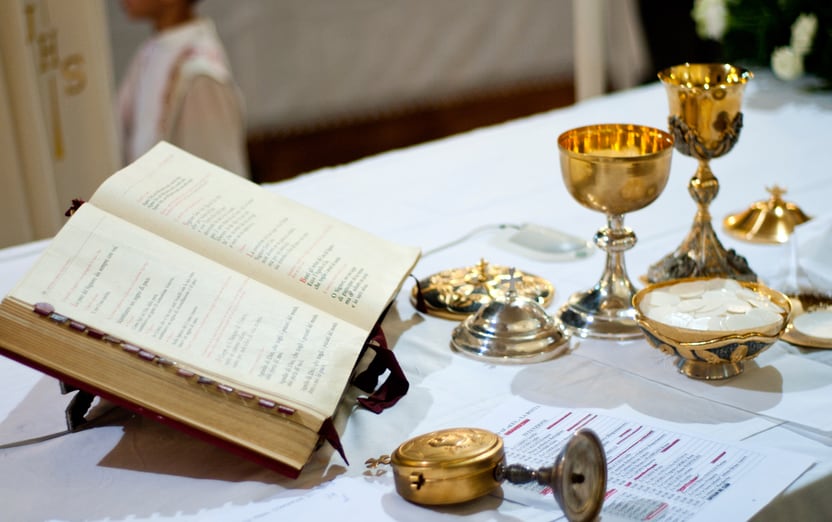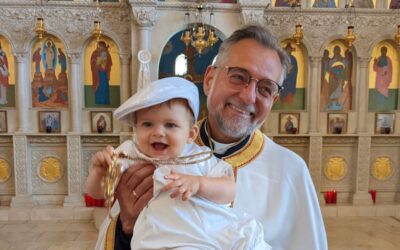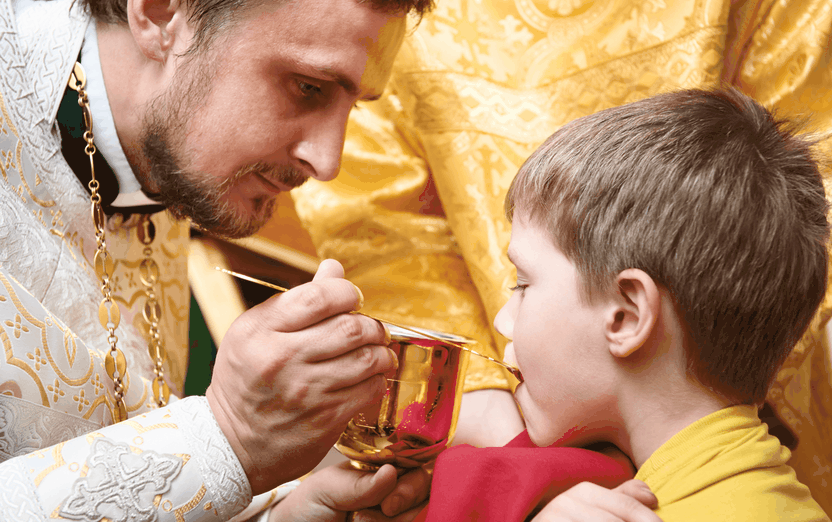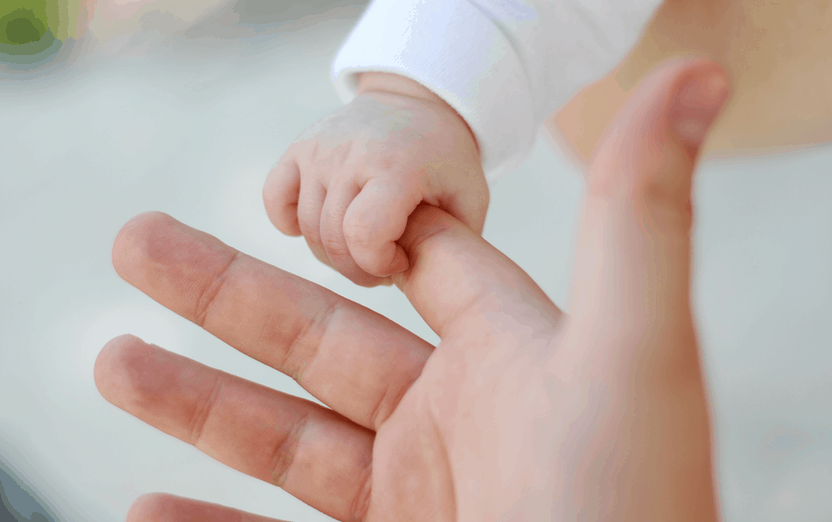The Faith
Intro to the Faith
We hope our website gives you a good sense of who we are as Orthodox Christians and what we believe about God and His Church. Regardless of where you are in your search for a faith tradition that meets your needs, we invite you to come and experience Orthodox...
Saints of the Church
It must be stated at the beginning that the only true "saint" or holy one (Hagios) is God Himself. The Bible states "For I am the Lord your God; you shall name yourselves holy and keep yourselves holy, because I am holy ... " (Levit. 11:44; 19:2 and 20:7). Man becomes...
Major Feast Days of the Church
The ecclesiastical year, which according to Byzantine practice begins on the first of September, is divided between movable and immovable or fixed holy days. The movable holy days are determined by the date of Easter, the most important of all feast days, which is in...
The Sacraments
One of the best-known prayers of the Orthodox Church speaks of the spirit of God being "present in all places and filling all things." This profound affirmation is basic to Orthodoxy's understanding of God and His relationship to the world. We believe that God is...
Forty Day Blessings
In imitation of Christ’s forty day blessing (Luke 2:22-38), the parents of the newborn bring the babe to the church in order for it to be dedicated to the Lord. This beautiful tradition is practiced throughout the Orthodox world. The parents become a symbol of the...
Baptisms
A child is generally baptized between the ages of three and ten months. Age, however, is not a barrier to baptism. Please call the church office to request a date for baptism. A person who wishes to sponsor a candidate for Baptism or Chrismation must be an Orthodox...
Marriage
For the union of a man and woman to be recognized as sacramentally valid by the Orthodox Church, the following conditions must be met: 1. The Sacrament of Matrimony must be celebrated by an Orthodox Priest of a canonical Orthodox jurisdiction, according to the...
Funerals
Funeral services are permitted on any day of the year, except for Sundays and Holy Friday. Regardless of the time of day, a family member should notify the parish priest as soon as one falls asleep in the Lord. All funeral arrangements should be made with the parish...
Memorials
If you desire to have a Memorial Service for a departed loved one, you should notify the church office well ahead of time, preferably at least two weeks prior when possible. As a general rule, Memorial Services are offered for those departed Orthodox Christians whose...
Fasting
Just as there are times for feasting, there are also times set aside for fasting. During these periods, certain foods are prohibited. These are, in order of frequency of prohibition, meat (including poultry), dairy products, fish, olive oil and wine. Fruits,...
Holy Communion
The Eucharist is at the very center of Orthodox piety, worship and theology. One is encouraged to receive Holy Communion as frequently as possible. However, as frequent communion is encouraged, casual communion is not. One must always prepare themselves through...
Sanctity of Human Life
A major and overarching concern of the Church arises with its commitment to the God-given sanctity of human life. Some of the developments of the biological manipulation of human life, though promising amazing therapeutic achievements, may also be understood as...
Iconography
Iconography (from Greek: εικoνογραφία) refers to the making and liturgical use of icons, pictorial representations of Biblical scenes from the life of Jesus Christ, historical events in the life of the Church, and portraits of the saints. Icons are usually...

